Category: Blogs
-

Language That Divides and Language That Connects
With aid cuts, worsening climate crises, conflict and wars across the globe, it is fair to wonder; why bother with language at all? Isn’t it a distraction from the real work? A change in vocabulary will not save lives or dismantle systems of oppression on its own; and too often, language reform becomes a cosmetic…
-
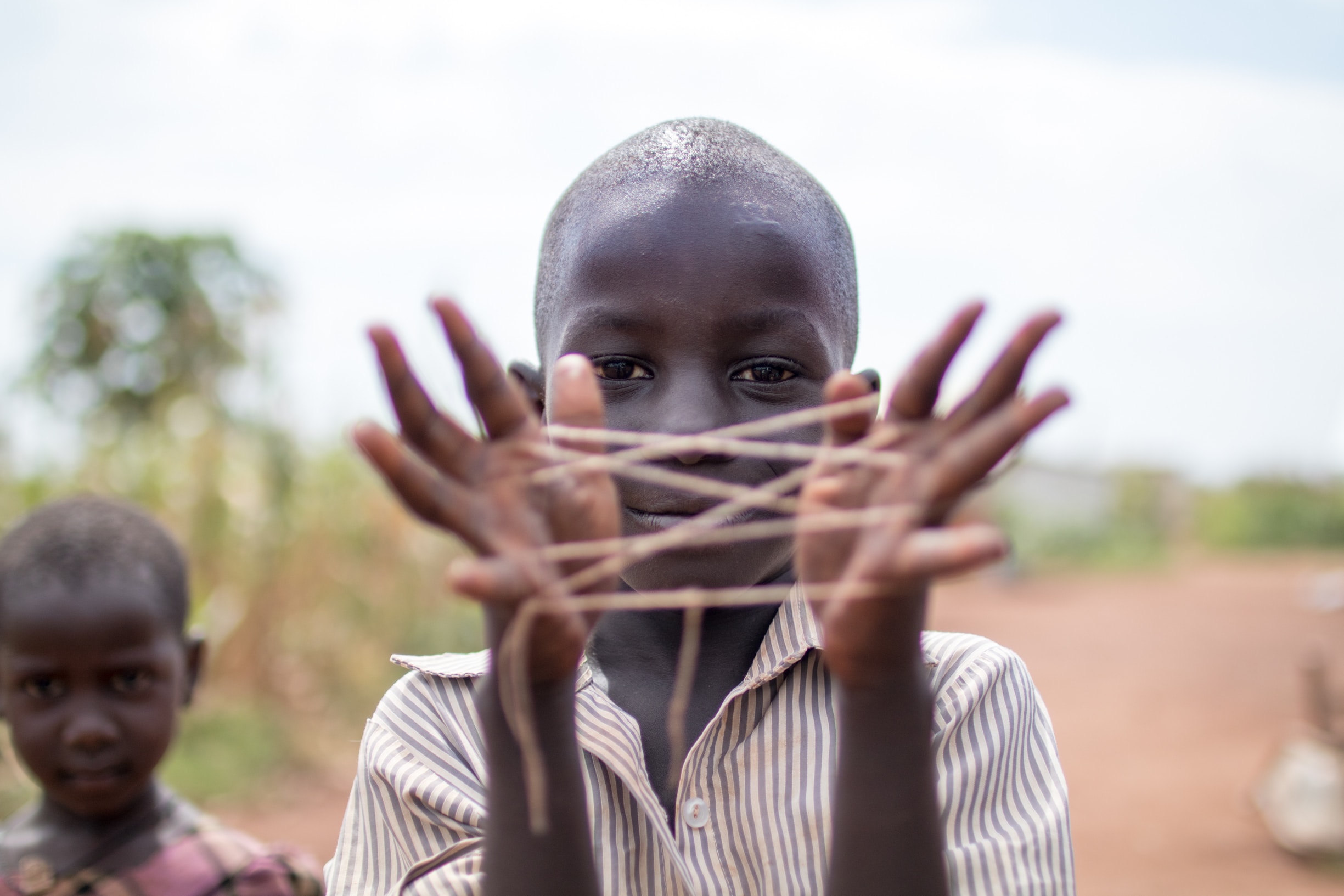
Why we’re moving away from restricted funding…
For too long, the humanitarian sector has operated on the assumption that control equals accountability. For too long, funding has been structured by rigid due diligence frameworks, often focusing more on compliance than on meaningful relationships. Risk aversion, excessive reporting, and deliverables prioritise donor priorities over the needs of the community. At Cohere, we have…
-
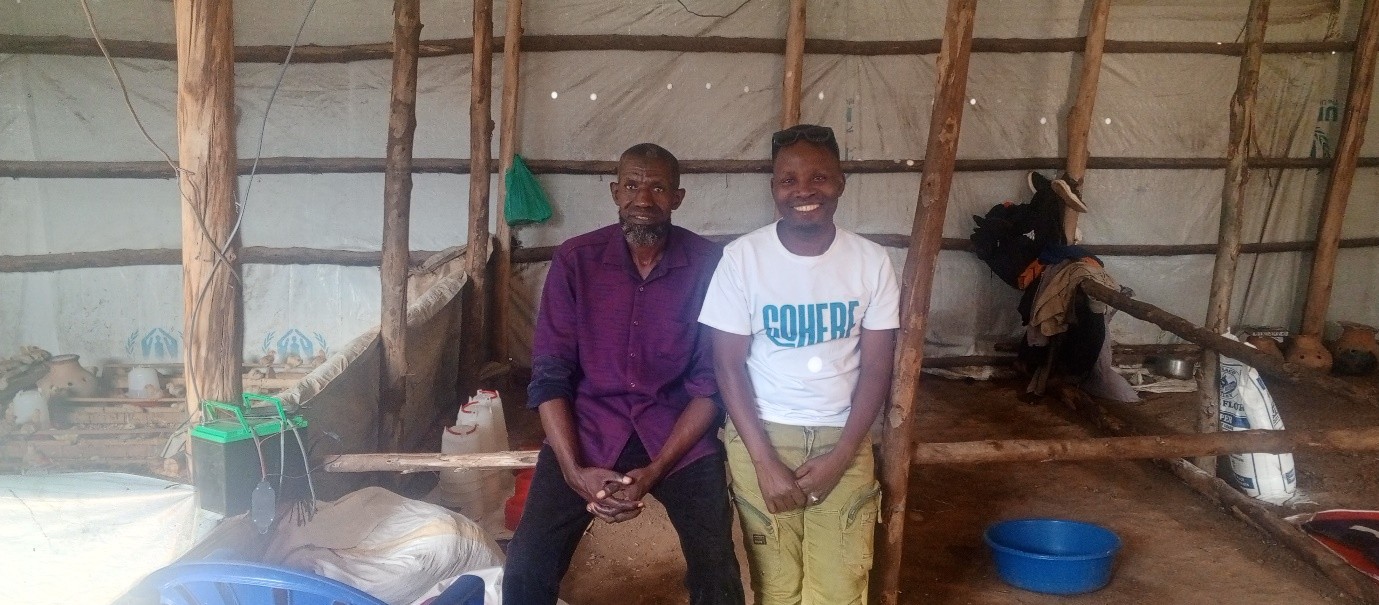
“Akagasente”: What Trusting Frontline Leaders Really Looks Like in Philanthropy
Not long ago, I visited Mahani zone in the heart of Rwamwanja refugee settlement in southwestern Uganda; a place over 90,000 people call home. Among them is Abuba, a skilled chicken farmer and the founder of Ignite Hope Initiative, a refugee-led organisation that recently received a flexible seed grant through Cohere, by the Global Whole…
-
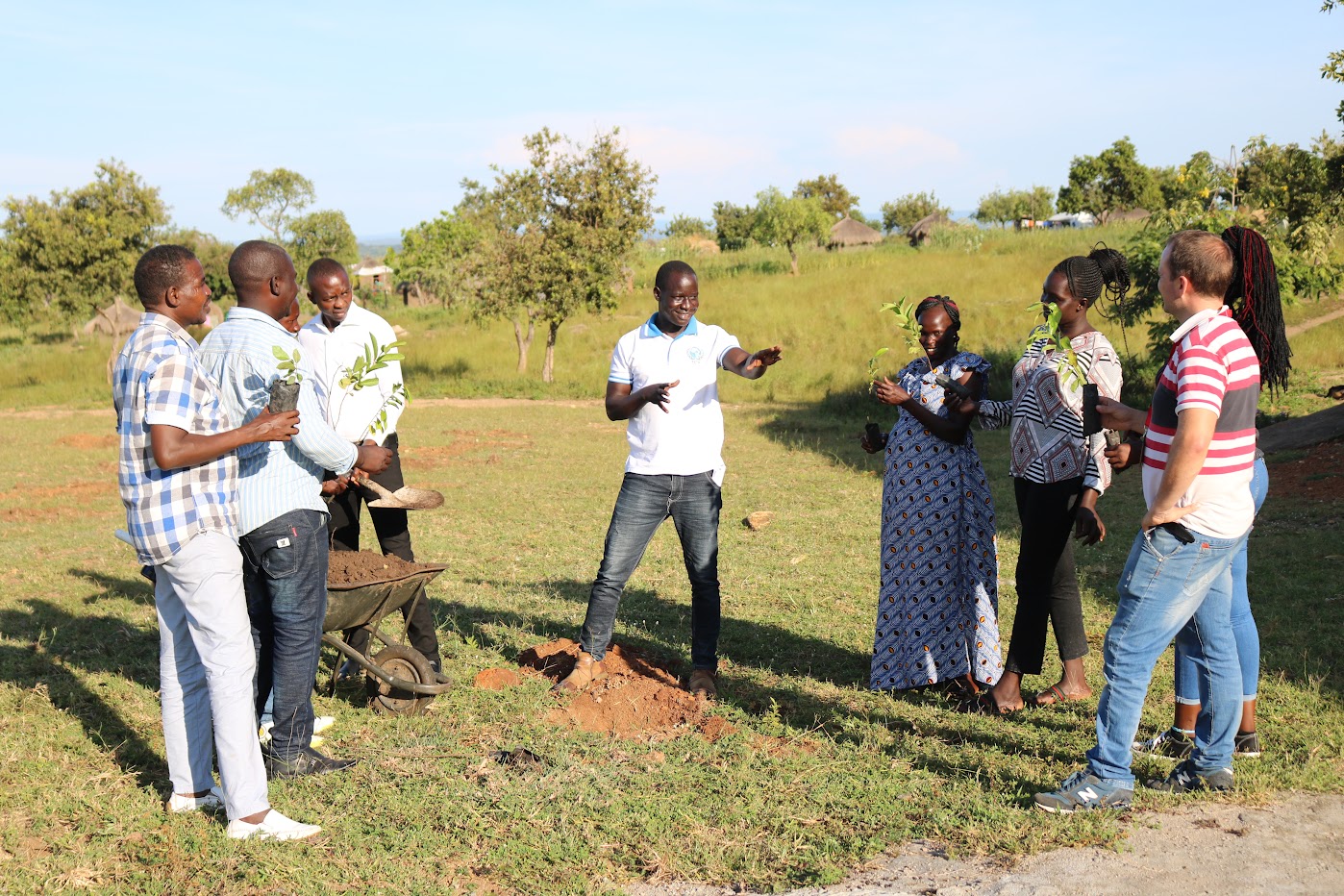
Do the work, build a foundation first!
One of the biggest misconceptions when it comes to the argument for building partnerships rooted in trust, is that one should trust immediately, absolutely and unequivocally. This cannot be further from the truth. Distrust within the humanitarian sector has deep roots in the sector’s history, structure, and power dynamics. Many of today’s systems were built…
-

Reimagining Philanthropy: Why Unrestricted Funding is a Lifeline now, Not a Risk.
Philanthropy is at a crossroads. With global crises escalating; from Eastern DR Congo to Gaza, Sudan, and beyond; and overseas aid slashed across donor countries. Charities and NGOs face crushing uncertainty, globally. Yet demand for their services has never been higher. Recently, at Cohere’s Congo Gathering Point, we heard harrowing updates: nearly 80,000 people are now sheltering in…
-
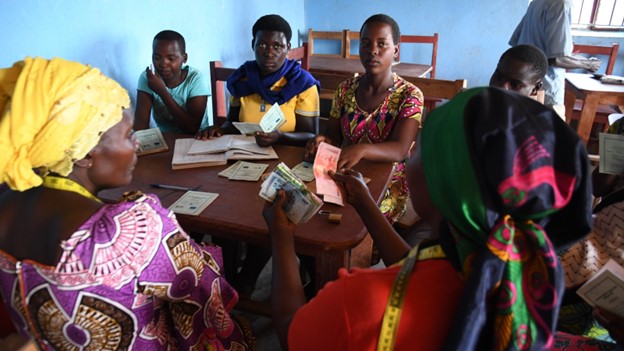
The changing landscape of humanitarian financing: Understanding its uncertainties
At the start of the year, the world was confronted with a new global reality when the newly elected U.S. government, historically the leading financier of global aid, announced it would discontinue much of its foreign aid. This abrupt decision has sent shockwaves across the humanitarian and development sectors, including UN entities, international NGOs, and…
-
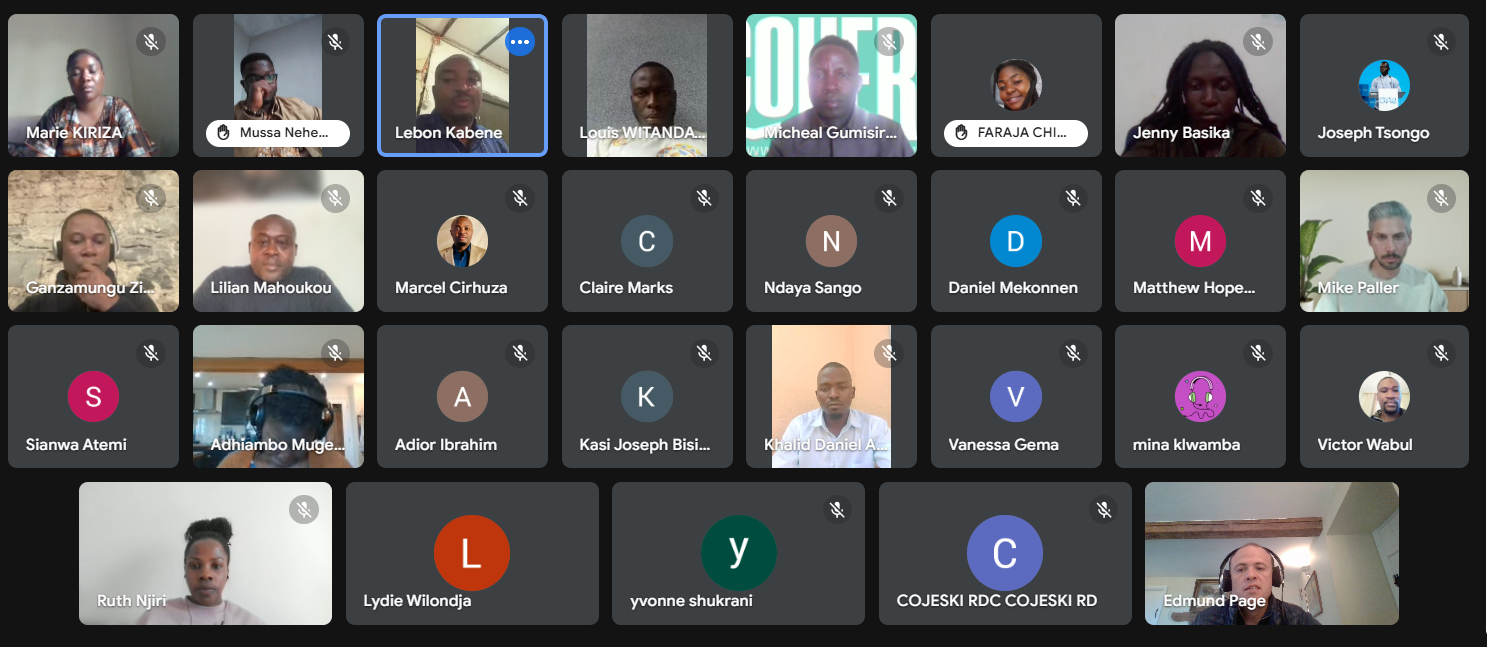
Gathering Points and Relationship Based Aid
The Eastern part of the Democratic Republic of Congo is currently experiencing a crisis. Decades of bubbling tension has overflowed into wide scale conflict, with at least 7000 people killed so far. Traditional forms of humanitarian aid are not getting into the country. There are three main reasons why international aid is barely trickling into…
-
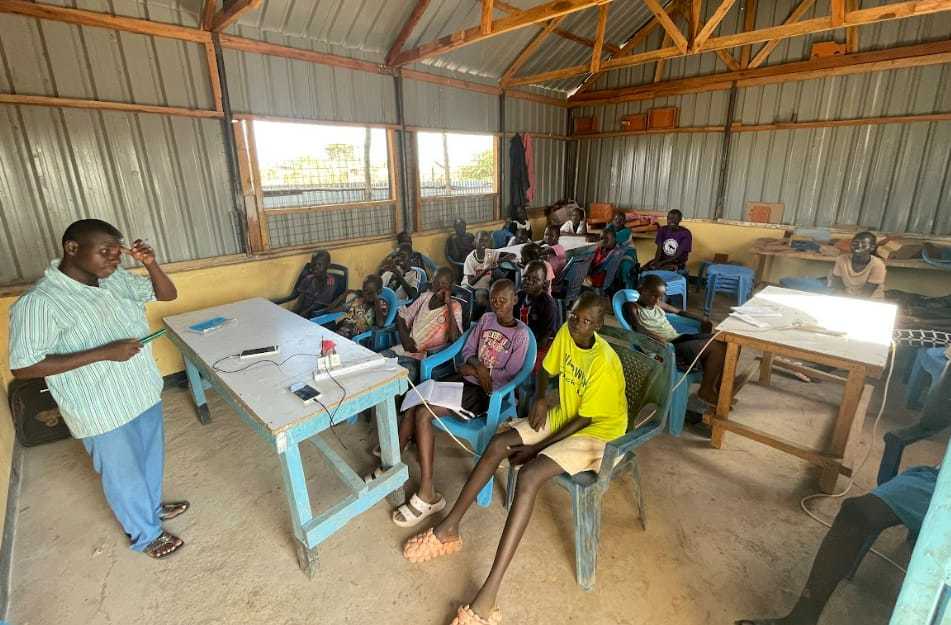
Realpolitik In Aid
For over 20 years an organisation called InterAid was the main implementation partner for the most significant refugee response contracts in Kampala Uganda. All public funding allocated towards Education for refugees in Kampala, for example, found its way to InterAid. They were responsible for running education programmes in urban areas such as supporting schools with…
-

The Pact for the Future: What does it mean for our work and to forced displacement?
In this issue of our quarterly advocacy blog, we want to briefly unpack some key features of the newly adopted international consensus document, the Pact for the Future, that was adopted by the UN General Assembly on 22-23 September 2024. We also make some observations on its impact on the future of advocacy in relation…
-
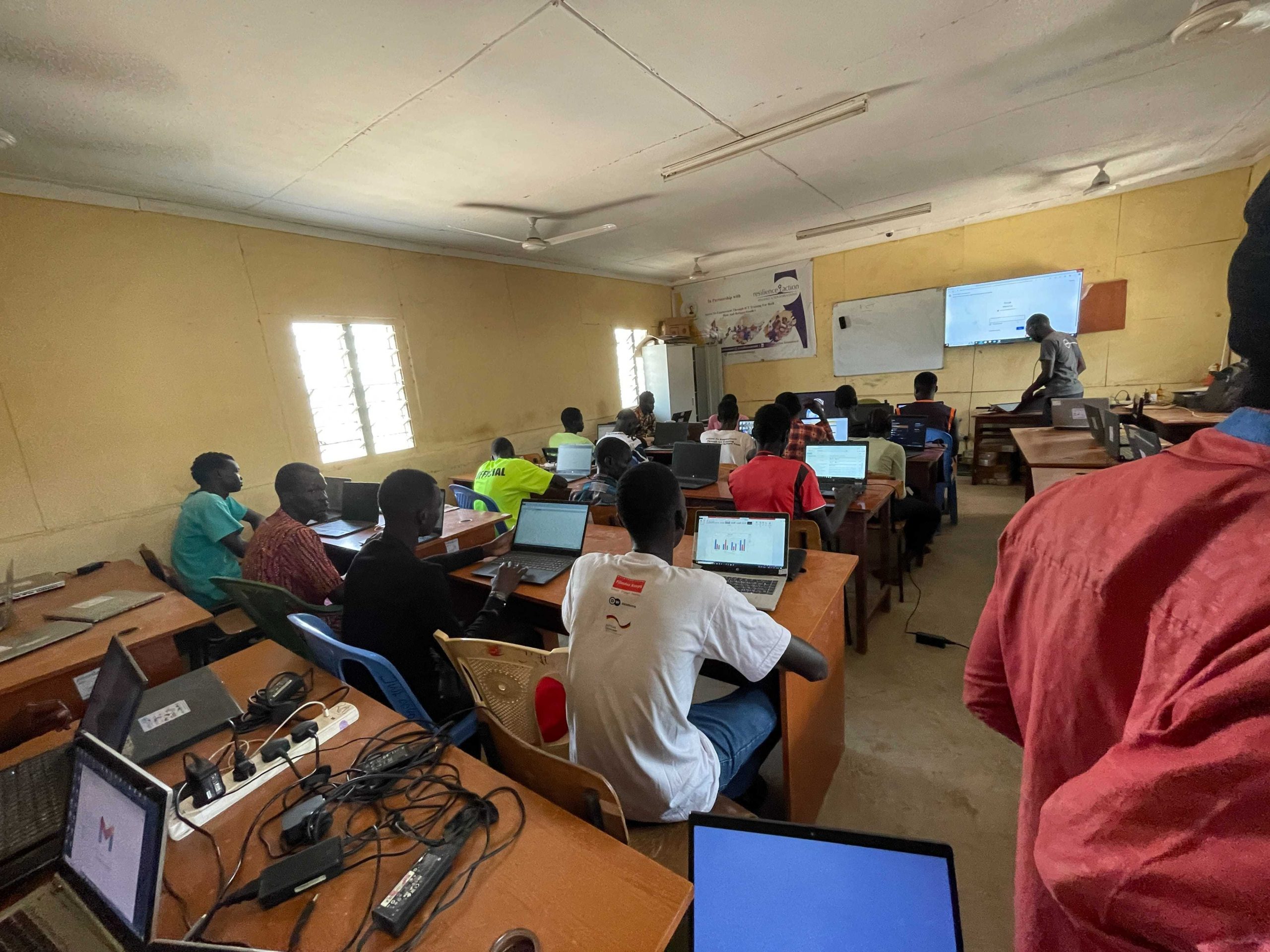
Brands And The Corporatisation of NGOs
Of the $46 billion given in humanitarian aid, only 1.2% is put in the hands of local actors and far less is put in the hands of leaders from communities affected by forced displacement. (HPG, November 2023) When donors choose to give, be they tax payer funded donor agencies, private philanthropic agencies or individual donors,…